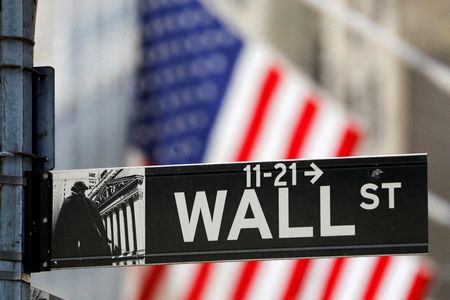By Jonathan Stempel
NEW YORK (Reuters) – The U.S. Department of Justice on Wednesday unveiled new guidelines to encourage companies to voluntarily report criminal conduct, offering incentives to reveal wrongdoing faster and be more accountable to investors and the public.
Prosecutors would not seek guilty pleas from companies that reveal misconduct by employees or agents prior to an imminent threat of disclosure or formal government probe, the U.S. attorneys in Manhattan and Brooklyn said in a joint statement.
The government may also choose not to impose any criminal penalty, or a relatively light one, on companies that timely disclose wrongdoing.
“We hope that this new policy has a long-lasting, nationwide effect in promoting honest corporate culture and leads to more companies getting ahead of financial malfeasance before authorities come to them,” Damian Williams, the top federal prosecutor in Manhattan, said in the statement.
Williams and Breon Peace, the top federal prosecutor in Brooklyn, led the Justice Department’s development of the new policy.
The policy is part of Democratic President Joe Biden’s efforts to beef up corporate crime enforcement through what a Justice Department top official has called a “carrots and sticks” approach.
White-collar prosecutions fell to an all-time low under Republican former President Donald Trump’s administration.
Prosecutors may still seek guilty pleas from cooperating companies if the misconduct threatens national security, is “deeply pervasive” or involves current executives.
The Justice Department is expected to enhance penalties for repeat corporate offenders.
The U.S. attorneys’ offices in Manhattan and Brooklyn frequently pursue high-profile white collar cases.
Williams’ office has charged Sam Bankman-Fried, the founder of the now-bankrupt FTX cryptocurrency exchange, with fraud for allegedly stealing billions of dollars in customer funds. Bankman-Fried has pleaded not guilty.
The U.S. Attorney’s office in Brooklyn last year won a guilty plea from French cement maker Lafarge to charges it paid groups designated as terrorists by the United States so it could keep operating in Syria.
(Reporting by Luc Cohen in New York; Editing by Chizu Nomiyama and Leslie Adler)

